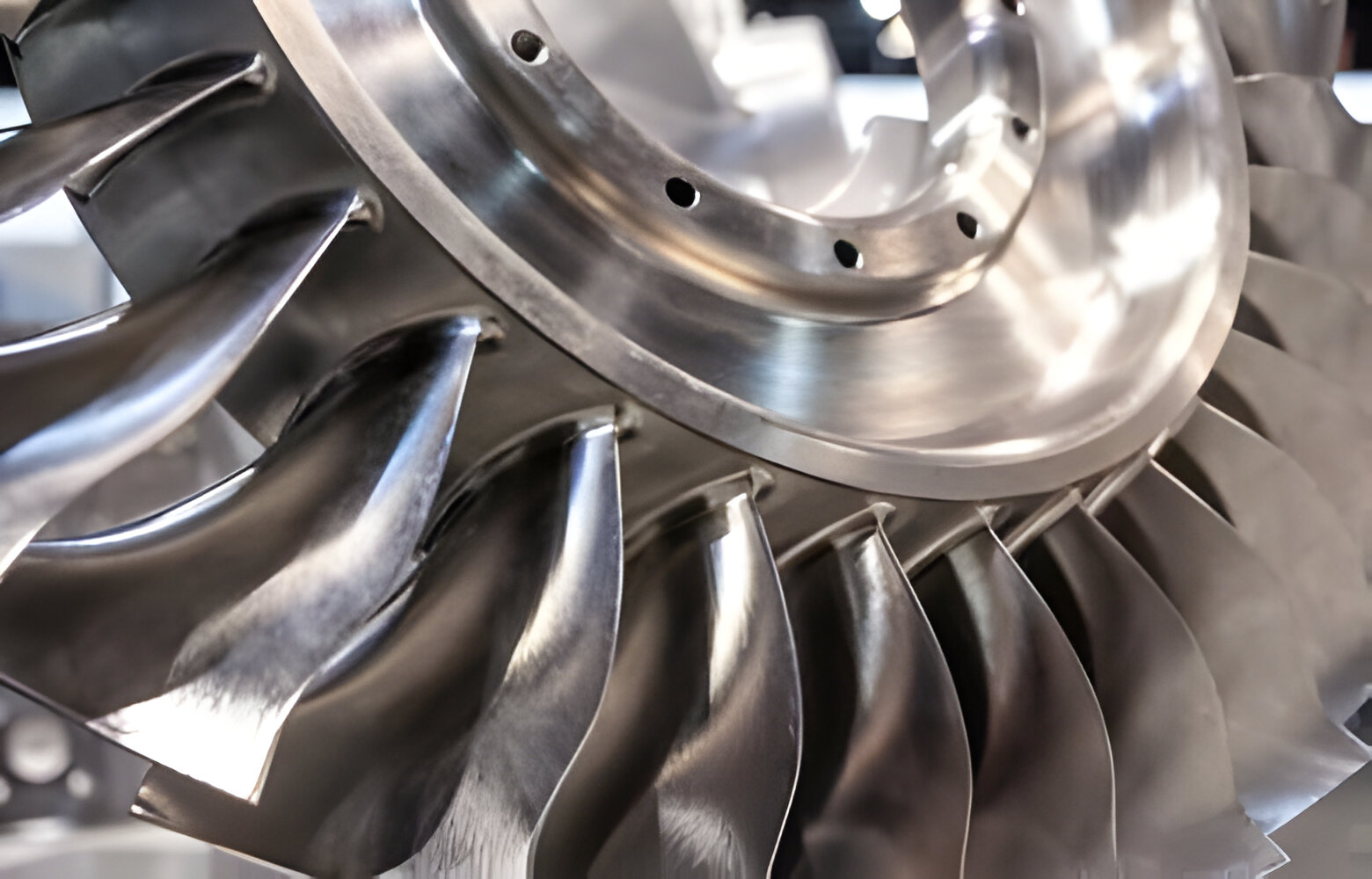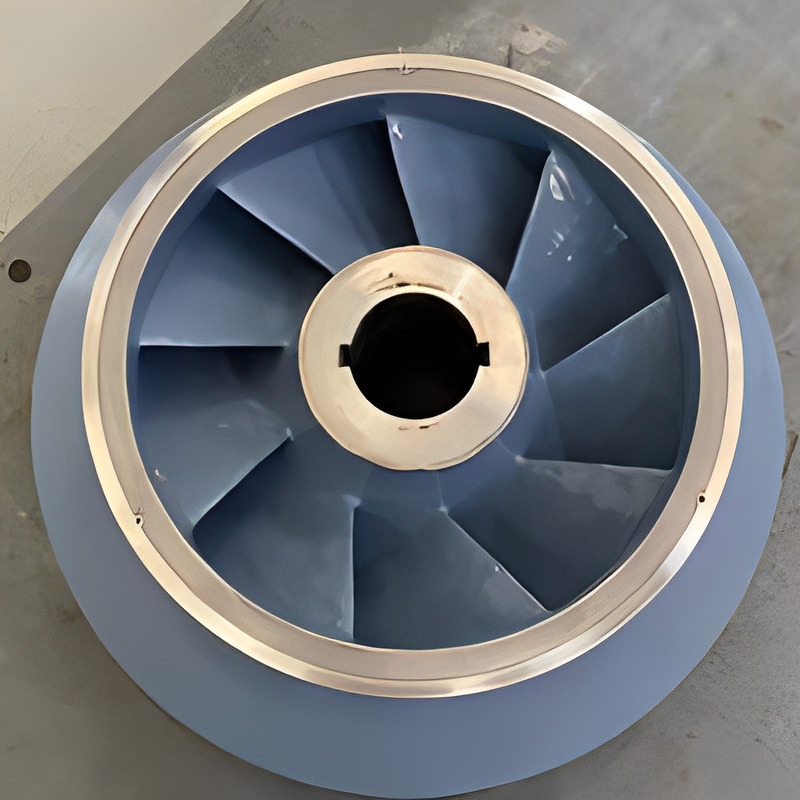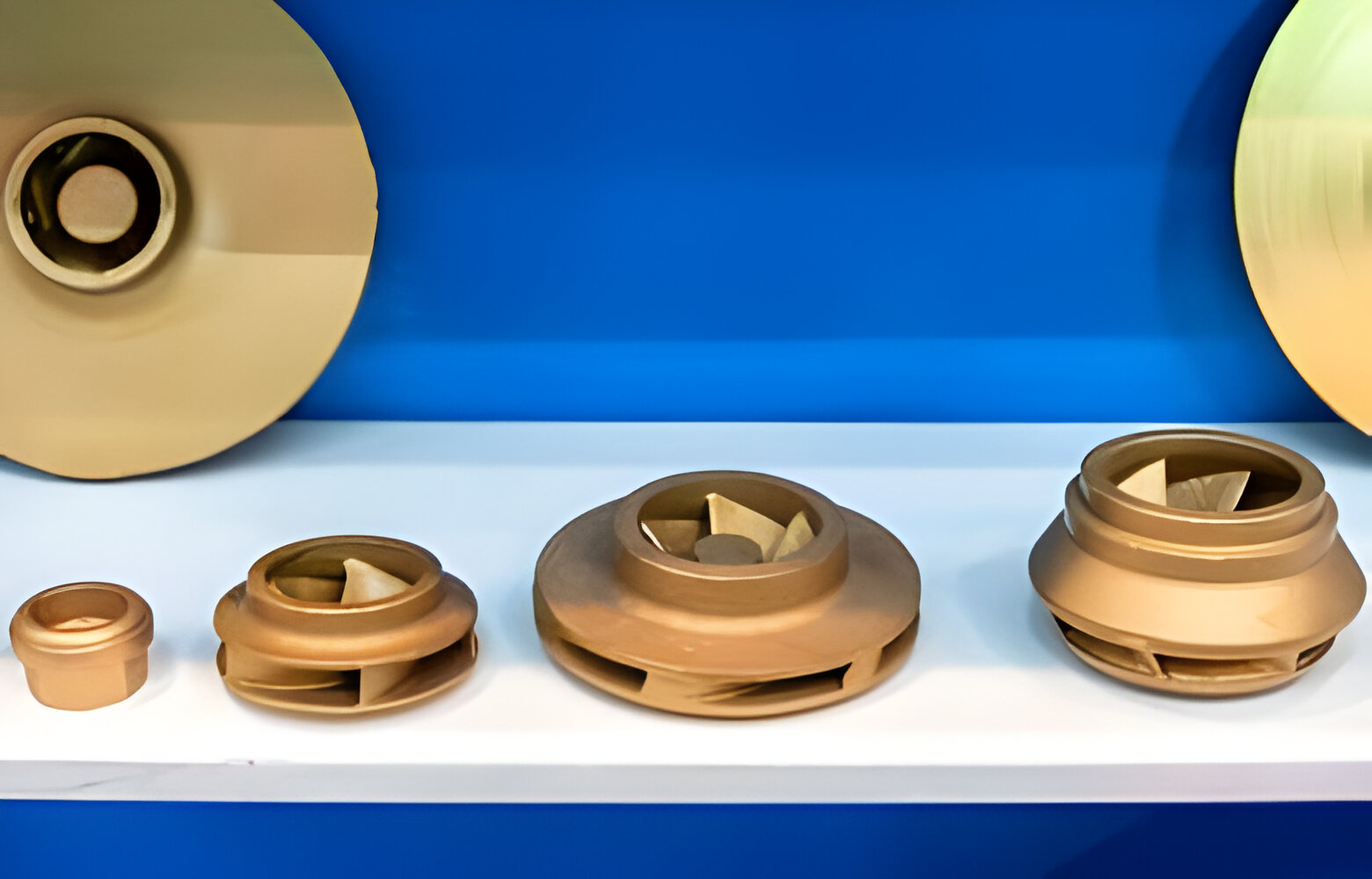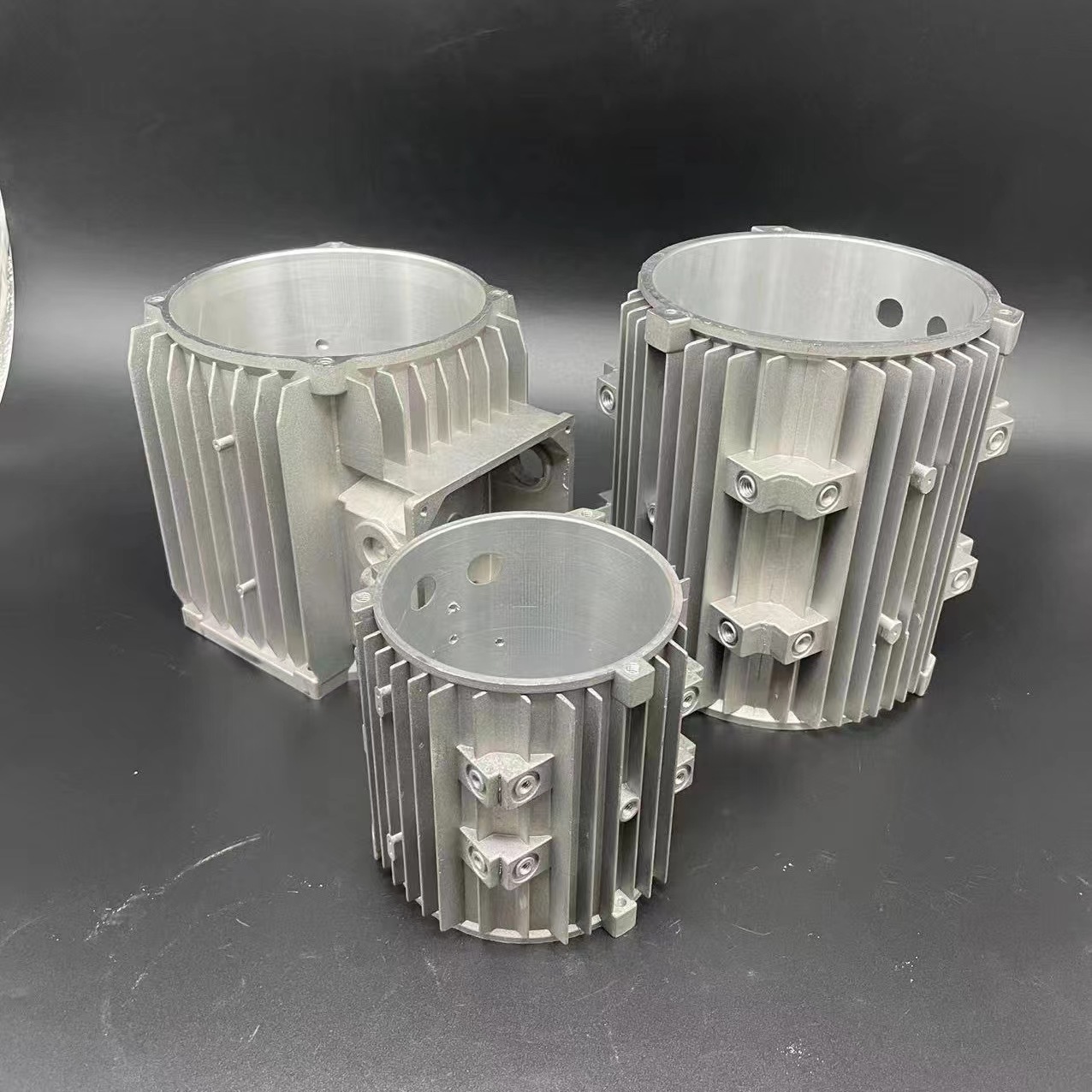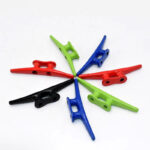In the world of industrial pumps, the choice of impeller material is crucial to performance, durability, and cost-efficiency. Among the most common materials used for impellers are bronze and cast iron, each possessing unique attributes that make them suitable for different applications. This article will explore the differences between bronze and cast iron impellers, delve into their respective advantages, and highlight practical application scenarios to help you make an informed decision.
Bronze Impellers: Properties and Applications
Bronze, an alloy primarily composed of copper and tin, offers excellent corrosion resistance and anti-galling properties. This makes bronze impellers especially suitable for applications involving corrosive fluids or environments where water chemistry can lead to material degradation. Bronze impellers are widely favored in marine applications, chemical processing, and water treatment facilities. Their resistance to saltwater corrosion makes them indispensable in ships and desalination plants.
One significant advantage of bronze impellers is their ability to maintain integrity and functionality in settings that would typically accelerate the wear and tear on less durable materials. For example, pump impeller casting in bronze can significantly extend the lifecycle of pumps used in the aforementioned industries.
Cast Iron Impellers: Properties and Applications
Cast iron impellers, on the other hand, are renowned for their strength and durability. Made from iron-carbon alloys, cast iron impellers are cost-effective and provide high tensile strength, making them ideal for high-pressure and high-volume applications. Common uses include municipal water supply, wastewater treatment, and irrigation systems.
Despite being prone to corrosion when exposed to certain types of chemicals and environments, cast iron impellers are often selected for their ruggedness and longevity in less corrosive applications. Their ability to handle large volumes of water and high pressure makes them a popular choice in large-scale industrial and infrastructure projects.
Comparative Analysis
When comparing bronze and cast iron impellers, the decision largely hinges on the specific requirements of the application. Bronze impellers, while more expensive, offer superior corrosion resistance, making them a long-term investment in corrosive environments. Cast iron impellers are more economical and suitable for applications where corrosion is less of a concern but require high durability.
Practical Application Scenarios
Consider a scenario where a company needs to choose an impeller for a pump that will operate in a coastal area with high salt exposure. In this case, a bronze impeller would be preferable due to its superior resistance to saltwater corrosion. Conversely, for a municipal wastewater treatment plant that deals primarily with large volumes of non-corrosive materials, a cast iron impeller would be more cost-effective and durable.
Why Choose Our Impellers?
At KT Foundry, we specialize in impeller castings and offer both bronze and cast iron options to meet diverse industrial needs. Our products are precision-engineered to ensure optimal performance and longevity. By choosing our impellers, you benefit from our expertise in pump impeller casting and our commitment to quality.
For more information on our impeller products and to find the perfect solution for your pumping needs, visit our website at kt-foundry. Our team of experts is ready to assist you in selecting the right impeller material based on your specific operational conditions and requirements.


